Let’s take a look at recent tragedies in our country and abroad lately:
Florida school shooting (and all the ones that have come before)
Domestic violence in the NFL
Charlottesville march
Vegas concert shooting
Texas church shooting
Police brutality
Police being shot
Multiple terrorist acts in the name of “religion”
Men in power needing to be right/putting others down
Sexual assault in Hollywood (and of course everywhere)
Not to mention the countless acts of violence, bullying, suicides, and overdoses happening on a daily basis.
Are you noticing a pattern? You might see a whole lot of evil. I see that too.
But I also see a bunch of men. Angry, fearful, hurt men. Men acting out.
I want to be very clear, this is not about justifying acts of violence and aggression. On the flip side, this is also not about shaming men. This is about understanding and opening up a dialogue because clearly something is very wrong.
I am by no means an expert on the matter, but I’ve been feeling pretty passionate about this topic for awhile now, reading up on it and talking about it to anyone who will listen (shout out to my dear husband who is on the front lines).
And I’m not going to back down or shut up about it because it makes people uncomfortable. That’s exactly WHY I’m talking about it. Not addressing the emotional health of men is part of what has gotten us into this mess to begin with.
For me it started with my work with couples. Over and over it's been difficult to ignore how challenging it is for the men I work with to drop their protective shields with their partners and be empathetic and vulnerable humans. At first, I naively expected them to just do it when prompted. Your relationship is on the line man, just do it!
But I started to notice that it wasn't about not wanting to do what was necessary to improve the relationship, but a very real struggle to understand, access, or express the emotions they were experiencing. The only response I’d get to “what are you feeling right now?” was “angry” or “frustrated.”
As I did more research on the matter, I came to understand it wasn’t their fault. It was like trying to teach them a new language. Or maybe one that they once knew, but hadn’t practiced in decades. Of course they’d be stuck. And of course their partners would be frustrated with them.
This didn’t make me frustrated though, it made me sad. And it continues to sadden me. Sad that we live in a world where men have had these parts of themselves beat out of them at an early age and are then expected to have good relationships.
Therapist Terry Real accurately describes in his book “I Don’t Want to Talk About It: Overcoming the Secret Legacy of Male Depression” how this happens for both genders in different, yet equally damaging, ways:
"Traditional gender socialization in our culture asks boys and girls to 'halve themselves.' Girls are allowed to maintain emotional expressiveness and cultivate connection. But they are systematically discouraged from fully developing and exercising their public, assertive selves--their 'voice' as it is often called. Boys, by contrast, are greatly encouraged to develop their public, assertive selves, but they are systematically pushed away from full exercise of emotional expressiveness and the skills for making and appreciating deep connection."
"The traditional socialization of boys and girls hurts them both, each in particular, complementary ways. Girls, and later women, tend to internalize pain. They blame themselves and draw distress into themselves. Boys, and later men, tend to externalize pain; they are more likely to feel victimized by others and to discharge stress through action."
Thankfully, women have worked incredibly hard in recent decades at finding their voice, becoming more assertive, tapping into their more masculine traits in order to become a healthy, whole person. We encourage our girls now to speak their minds and respect women who do so.
But we don’t talk nearly enough about the need to empower men to be whole people.
Even though things are starting to (slowly) change, men are still taught that success, achievement, and power are what makes them a man. It’s what makes them worthy of love, respect, acceptance, and belonging. The goal is winning, impressing others, and being right, no matter the cost. This is what our culture teaches boys “masculinity” is all about.
When your self-worth is dependent on how “masculine” you’re perceived to be, there’s no space for any traits that our society considers “feminine”- compassion, empathy, emotional attunement and expression, vulnerability. They are perceived as weaknesses. Flaws. Barriers to achieving “success” in the eyes of society.
Some of these men may achieve greatness, yes. Only to find themselves feeling disconnected, alone, unfulfilled. Not just disconnected from others as a consequence of their pursuit to “prove” their worth, but also disconnected from their authentic selves.
And for those who don't achieve this greatness and don't have the tools to cope with it? Well, just take a look around.
I don’t know about you, but I think this is tragic. Something has to give.
Gun reform is important. Mental health reform is important. Of course.
But what's it going to take for us to face the fact that men are in trouble?
What can we do as individuals and a society to change the face of masculinity? To create men that are both strong and big-hearted?
“Men are adrift and nobody is talking about it and nobody’s doing anything about it and it’s killing us.”
- Michael Ian Black

